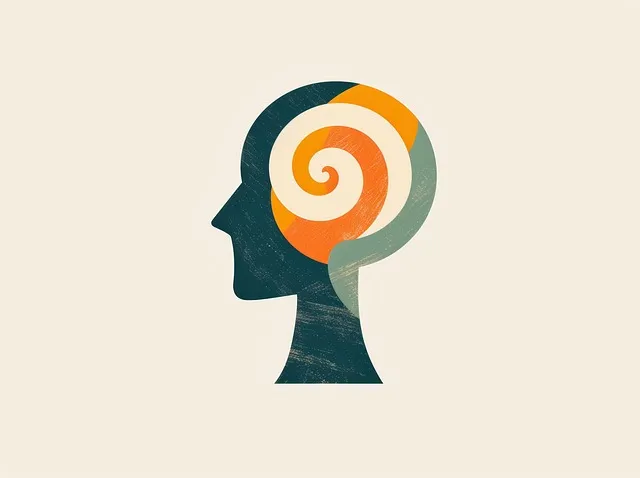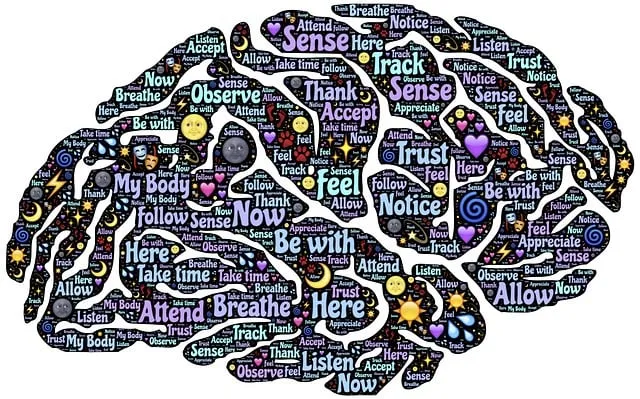Understanding Mental Health Data is crucial for analysis, with collection methods varying from direct observations to medical records. Electronic Health Records (EHRs) store textual and multimedia data, offering a holistic view of patients' mental health status. Organizations like Aurora and Kaiser use statistical methods, NLP, and machine learning to analyze inpatient mental health data, gaining insights into patient journeys, treatment effectiveness, and risk factors. This enables them to develop personalized interventions, such as Mental Wellness Coaching Programs, enhancing care delivery and patient recovery. Aurora, part of Kaiser's advanced data system, revolutionizes mental health assessment by interpreting vast patient data, improving decision-making and ultimately enhancing patient outcomes.
Mental health data analysis is a powerful tool for understanding patient needs and improving care. This article explores crucial aspects of evaluating inpatient mental health, leveraging advanced techniques and innovative systems like Kaiser’s Aurora. We delve into the process of collecting and storing sensitive data while focusing on specific tools used to analyze inpatient mental health records. Additionally, we discuss how interpreting these results can drive meaningful improvements in patient outcomes, highlighting Kaiser’s Aurora system as a game-changer in this domain.
- Understanding Mental Health Data: Collection and Storage
- Analyzing Inpatient Mental Health Data: Techniques and Tools
- Interpreting Results: Improving Care and Patient Outcomes with Kaiser's Aurora System
Understanding Mental Health Data: Collection and Storage

Understanding Mental Health Data is a pivotal first step in any analysis process. Collection methods vary greatly depending on the setting and population being studied. Organizations like Kaiser, for instance, offer both inpatient and outpatient mental health services (Aurora does Kaiser have inpatient mental health), gathering data through direct observations, patient reports, and medical records. Each method has its advantages; for example, patient self-reporting can encourage openness about personal struggles, while clinical notes provide a detailed, albeit potentially biased, account of symptoms and behaviors.
Proper storage is equally crucial to ensure data integrity and confidentiality. Electronic health records (EHRs) have become the standard due to their accessibility and ability to streamline information sharing among authorized parties. These digital platforms store not only textual data but also rich multimedia, such as audio recordings from therapy sessions or video assessments, providing a holistic view of mental health status and progress over time. This comprehensive approach supports evidence-based practices like Trauma Support Services, aligns with Mind Over Matter Principles by fostering positive thinking, and ultimately enhances the quality of care delivery.
Analyzing Inpatient Mental Health Data: Techniques and Tools

Analyzing inpatient mental health data is a complex yet crucial process for healthcare providers like Aurora and Kaiser. By delving into this area, they can gain valuable insights into patient journeys, treatment effectiveness, and risk factors. Techniques such as statistical analysis, natural language processing (NLP), and machine learning algorithms play a pivotal role in interpreting vast datasets from inpatient facilities. These tools enable professionals to identify trends, patterns, and correlations within the patient population, ultimately enhancing care delivery.
For instance, Aurora and Kaiser can leverage data to understand the prevalence of specific mental health disorders among hospitalized patients, especially focusing on trauma support services. Advanced analytics may reveal connections between certain treatments and improved outcomes in depression prevention programs. Moreover, by combining these insights with Mental Wellness Coaching Programs Development, they can create more personalized and effective interventions, fostering a holistic approach to patient care and recovery.
Interpreting Results: Improving Care and Patient Outcomes with Kaiser's Aurora System

Interpreting data from mental health assessments is a complex yet crucial task. Kaiser’s Aurora system stands out as a powerful tool in this domain. By analyzing vast amounts of inpatient mental health data, Aurora provides clinicians with actionable insights, enabling them to make informed decisions that directly impact patient care and outcomes. This advanced system goes beyond basic analysis; it offers a comprehensive view by integrating various factors such as patient history, treatment plans, and clinical notes, thereby enhancing the overall Mental Health Awareness within healthcare facilities.
The benefits are far-reaching, improving Communication Strategies between healthcare professionals and fostering a more confident approach to patient management. With Aurora’s support, clinicians can identify trends, predict outcomes, and tailor interventions, ultimately boosting their decision-making Confidence in treating complex mental health conditions. Inpatient mental health care is transformed, ensuring patients receive the most effective and personalized treatments.
Mental health data analysis, particularly using tools like Kaiser’s Aurora system for inpatient care, plays a pivotal role in enhancing patient outcomes. By effectively interpreting collected data, healthcare providers can make informed decisions, improve treatment strategies, and ultimately provide more personalized care. Aurora, with its robust capabilities, showcases how advanced data systems can revolutionize mental health management, ensuring patients receive the best possible support.






